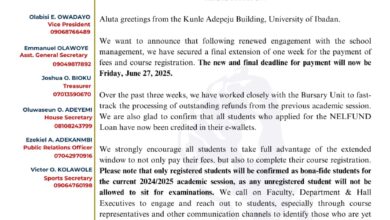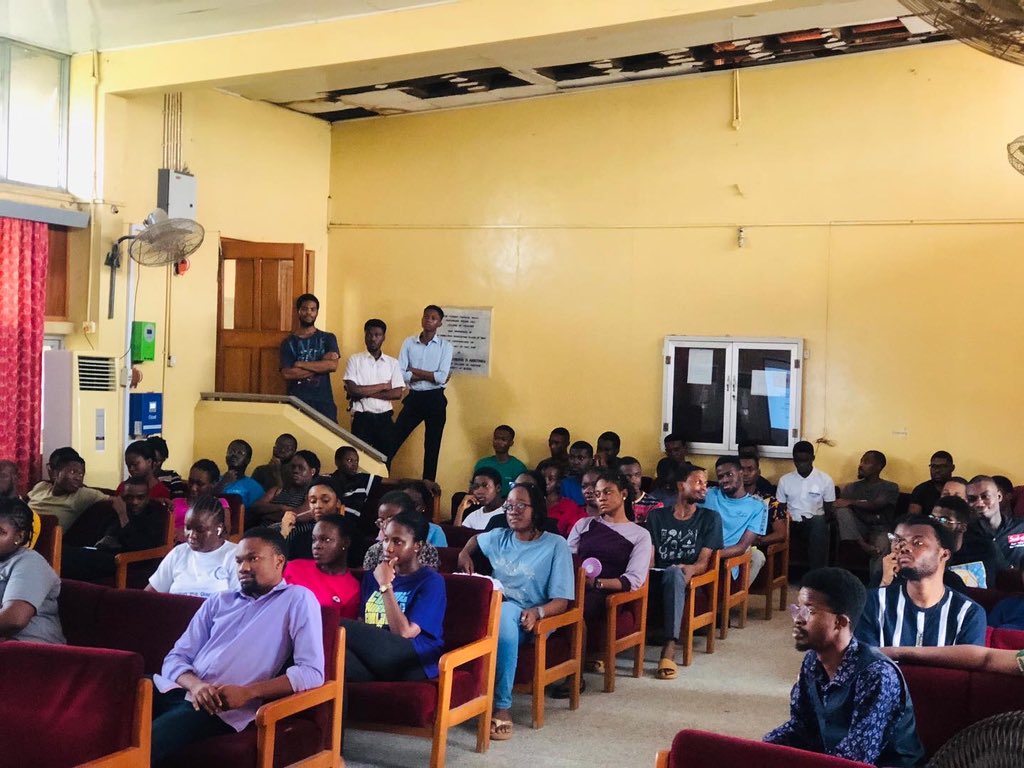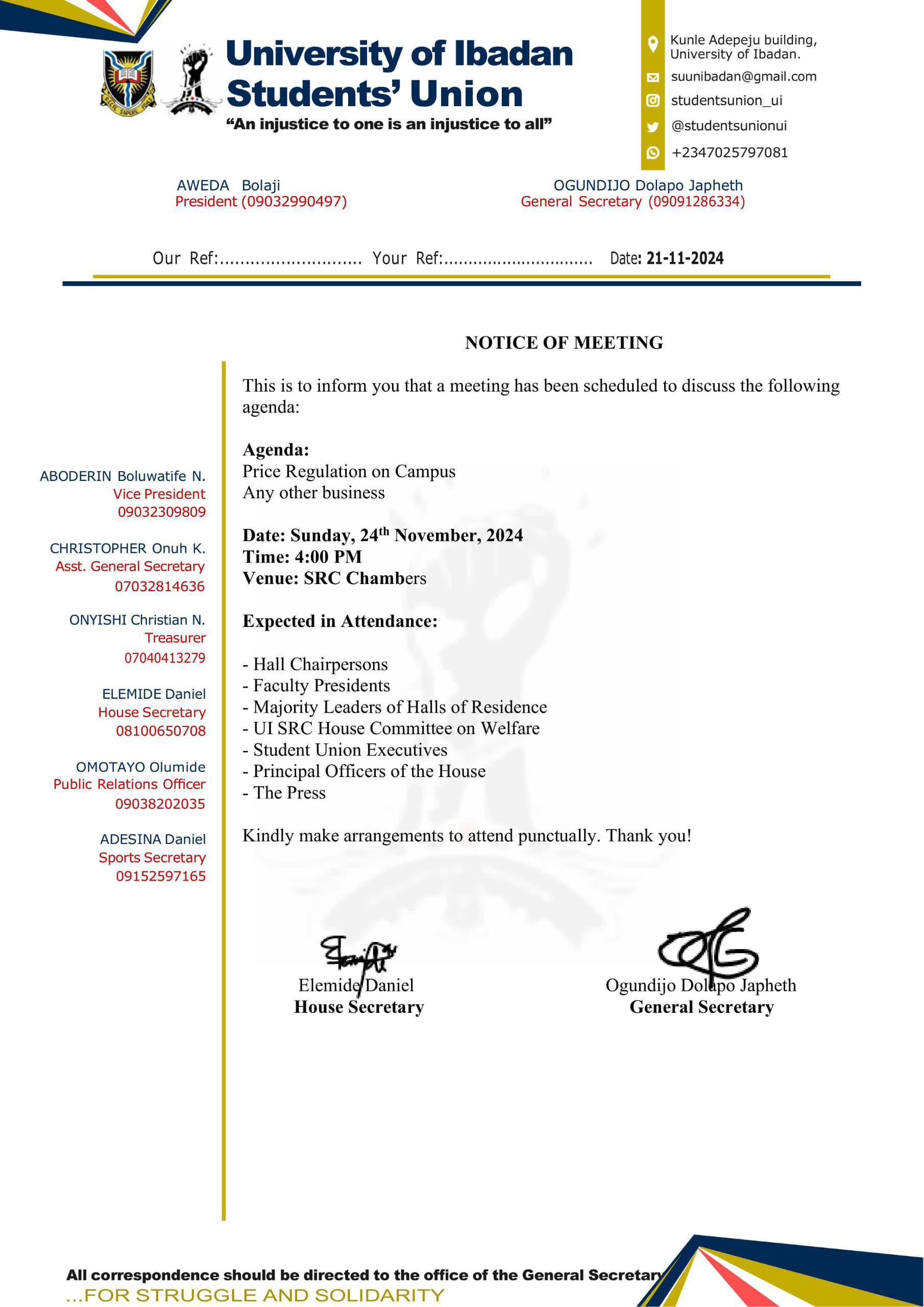Apathetic governments and disgruntled unions; The vicious cycle of strikes by Nigerian health workers

The Joint Health Sector Unions (JOHESU) and the Assembly of Healthcare Professional Associations (AHPA) embarked on an indefinite strike on the 25th of May following a 15-day ultimatum issued to the Federal government beginning on the 10th of the same month. The ultimatum and resulting strike was decided on at the expanded National Executive Council meeting of the Unions on the 8th of May where several concerns of the member associations—Medical and Health Workers’ union of Nigeria (MHWUN), Nigerian Union of Allied Health Professionals (NUAHP), Senior Staff Association of Universities, Teaching Hospitals and Associated Institutions (SSAUTHRIAI), and Non-Academic Staff Union of Universities and Associated Institution (NASU)—were raised.
Chief among the concerns, was the failure of the Federal government to adjust the Consolidated Health Salary Structure (CONHESS) based on the 2009 agreement and 2014 Technical report. In addition to adjusting the CONHESS, the Joint Health Sector Unions (JOHESU) demanded the payment of COVID-19 hazard allowance for its members, implementation of the consultant cadre for pharmacists, as well as increase in retirement age.
Unfulfilled agreements and governments; Inside JOHESU’S incessant strikes
Perhaps the most pressing demand of the Joint Health Sector Unions (JOHESU) is that the CONHESS be adjusted to match the Consolidated Medical Salary Structure (CONMESS) for physicians. The 2009 agreement had detailed that an adjustment to any of the two salary structures will be reflected in the other. The CONMESS had been reviewed in 2014, 2017 and most recently in 2023. Contrary to the 2009 agreement, the CONHESS had undergone no such adjustment.
This first led to a three-month strike in 2014. The strike was suspended following the constitution of a Technical Committee on the Adjustment of CONHESS. In 2017, the National Salaries, Incomes and Wages Commission (NSIWC) put forward recommendations to the Federal government towards adjusting the Consolidated Health Salary Structure. The recommendations were not adopted, and JOHESU again went on strike in 2018.
The Vice Chairman of JOHESU, Dr. Ogbonna Chimela speaking on the most recent strike, lamented the lackadaisical attitude of the Ministry of Health towards non-physician heath professionals. He also condemned the discriminatory attitude of the Ministry in favour of physicians as opposed to other health workers.
Another demand made by JOHESU is the payment of omission and shortfall in COVID-19 hazard allowances. A strike had been embarked on in 2020 amidst the pandemic with no satisfactory outcome.
Not least among JOHESU’s demand is the immediate and unconditional implementation of the consultant cadre for pharmacists in all federal health institutions. Similarly, it demanded the implementation of increment in retirement age from sixty to sixty-five and seventy years for consultants in health professions.
Ghost wards and skeleton structures; hospitals struggle to provide services
Federal hospitals around the country have become a shadow of themselves due to the strike. While doctors and nurses continue to work, healthcare delivery has been hampered by the absence of supporting health workers, and shut down of vital structures including laboratories and pharmacies. Some hospitals have improvised with locum staff and NYSC corps, but their capacities are still far from optimal.
At the University College Hospital, Ibadan, most wards are almost empty and the hospital grounds generally scanty. During the induction of the Bachelor of Basic Medical Laboratory Sciences 2023 class, traffic was held up and had to be redirected as the East gate had been locked.
The story is similar for other federal hospitals across the country. However, emergency services are still being provided. The Chief Medical Director, University College Hospital (UCH) had assured the public that essential services and emergency care would still be provided by the hospital. He remarked that the Accidents and Emergency unit, Otunba Tunwase Children Emergency Ward (OTCHEW) and intensive care units remained functional. He also commented that security officials had been outsourced to cover essential areas of the hospital.
While the strike had only affected federal hospitals, there had been speculations that secondary and primary healthcare facilities would join the strike if the Federal government failed to appropriately respond to JOHESU’s demands.
Light at the end of the tunnel or just another mirage?
A couple of meetings had been held between the federal government under the Buhari administration and the JOHESU since the strike began, but no headway was made.
However, only yesterday, the strike was suspended for twenty one days after the Joint Health Sector Unions (JOHESU) met with the newly-sworn in Tinubu administration. This gesture of goodwill was extended following a promise by the President to look into their demands and consult with the appropriate quarters.
Whether this glimmer of hope is truly the light at the end of the tunnel or just another mirage will be determined in the coming weeks. Meanwhile the Nigerian Labour Congress (NLC) has rescinded its decision to embark on a nationwide strike to protest fuel subsidy removal by the new administration.
Aisha Ibrahim




